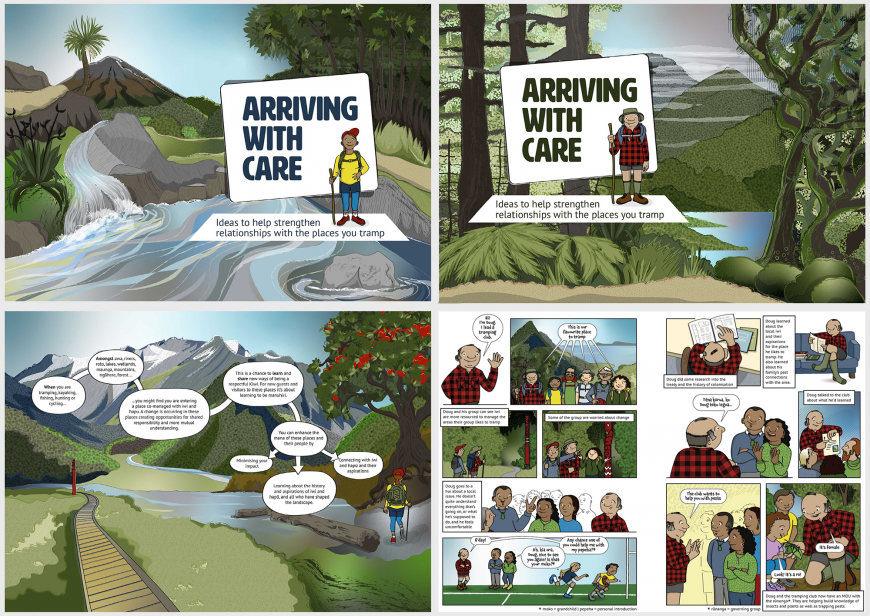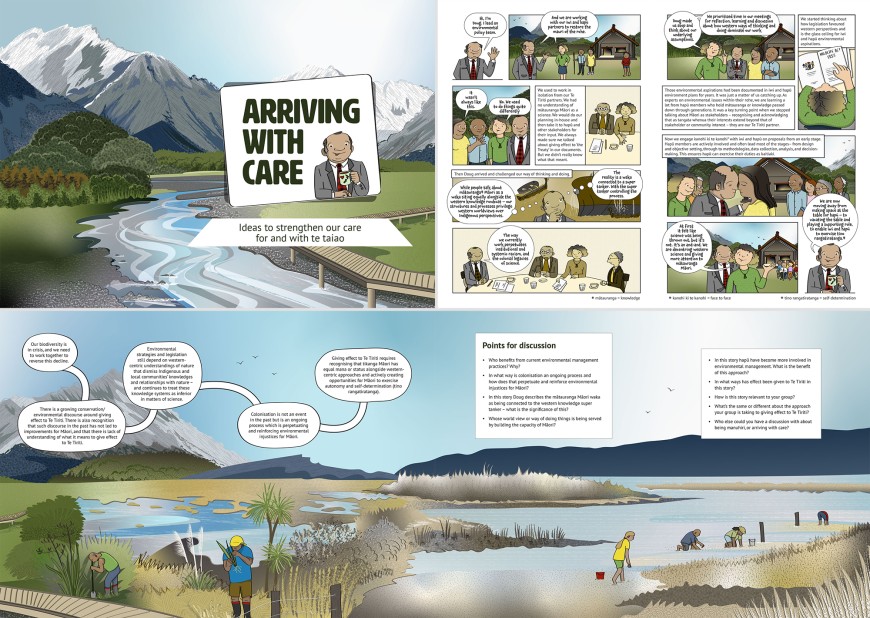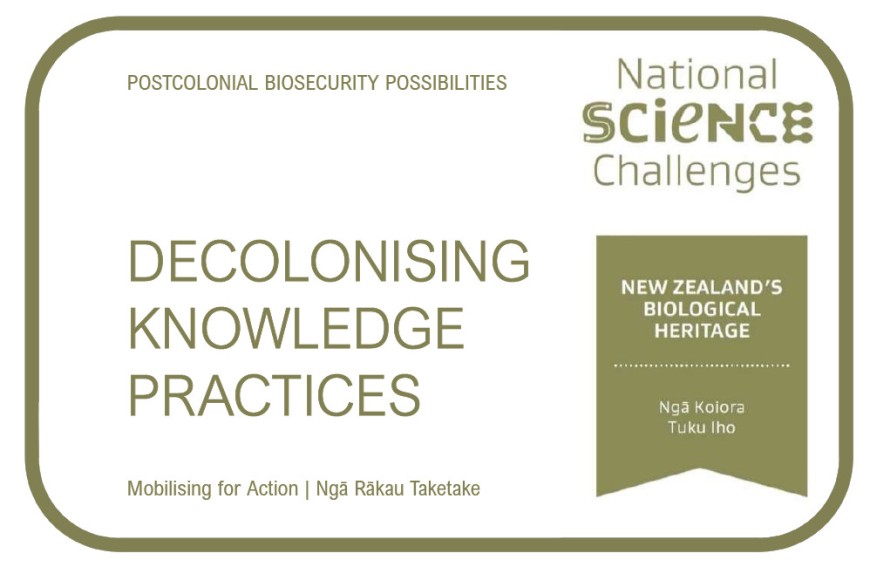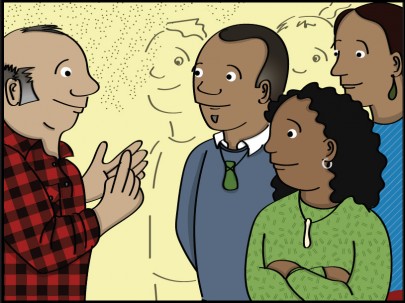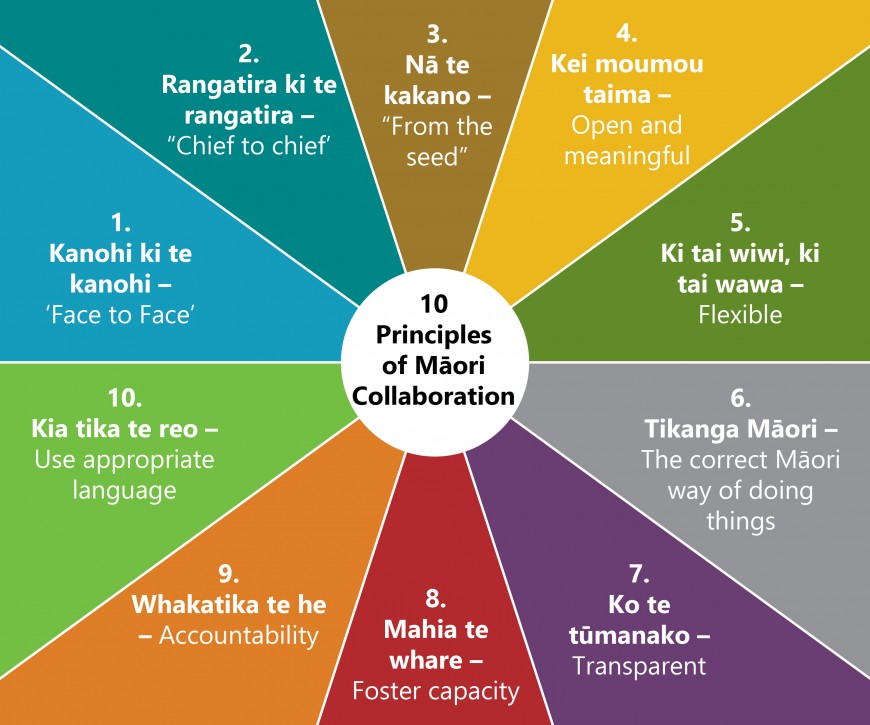Being Manuhiri
Why being a responsible guest is important
Several favourite walking, tramping, cycling, kayaking, and boating spots in Aotearoa NZ are now co-managed by Māori organisations and government agencies. These co-governance and co-management arrangements have been put in place through either Te Tiriti o Waitangi settlements, RMA relationship agreements, or special legislation.
This means recreation and environment groups are getting more familiar with hapū and iwi aspirations for these places; are seeing changes in landscapes and management practices; and are learning more about the histories of these areas. Collaborative management creates new opportunities for recreation and environment groups to be involved in the care of the places they visit.
What you can do
More opportunities are also arising to foster appropriate relationships with tangata whenua. Both Māori and non-Māori are reflecting on what it means to be responsible manuhiri (guests and visitors) and how to best prepare to arrive with care and respect for these cherished places and their people.
The resources below have been developed through research with Māori and non-Māori and are provided to support environment and recreation groups as they discuss and develop their understandings and practices for being responsible manuhiri.
This guide provides ideas to help strengthen relationships with the places you tramp.
Download discussion guide for environment & recreation groups
Funded by the Mobilising for Action theme of the Biological Heriatge National Science Challenge, Ngā Rākau Taketake Programme
A tool to encourage and support inclusive, equitable and regenerative biosecurity practices.
The Aotearoa New Zealand biosecurity framework is based on a partnership which is a relational approach; everyone has a role to play. This tool provides performance goals to help feel confident identifying and implementing a pluralistic biosecurity culture.
- an empathy towards Māori culture and strong desire to work with Māori;
- respect and trust by the Māori community or iwi group;
- an ability to listen and communicate effectively with iwi or hapū members;
- some understanding of te reo and tikanga;
- an ability to understand Māori concepts;
- an ability to understand Māori issues, and to be able to communicate them;
- an ability to formulate research questions from a mainstream scientific and from a Māori perspective;
- excellent communication skills;
- high competence in your field of expertise and respect from your peers;
- an ability to communicate your work to audiences in a non-technical way.
This resource incorporates guidelines and a checklist to be used when planning collaboration with Māori.
Download principles & guidelines
- Working with tangata whenua Link
- Becoming 'really Pākehā' - E-Tangata Link
- Methodological sensitivities for co‑producing knowledge through enduring trustful partnerships Link
- A framework for partnerships/collaboration - Poutama Pounamu Link
- Te Waihora Co-Governance Agreement Link
- DevNet 2022 presentation: Arriving with care. Learning how to be manuhiri in environmental co-governance and co-management arrangements Link
- A guide for connecting decisions and activities ki uta ki tai (from the mountains to the sea). Link
- Achieving soil health in Aotearoa New Zealand through a pluralistic values-based framework: mauri ora ki te whenua, mauri ora ki te tangata Link
- Listening to the voices of our environment Link
- Principles for effectively co-governing natural resources Link
- Te reo o te repo: The voice of the wetland Link
- Te reo o te repo – kei konei tonu au: The Voice of the Wetland – I am still here Link
- Towards a future of collective care for land and sea Link
- Whaitua: protecting the waters of your area Link
Key contacts

